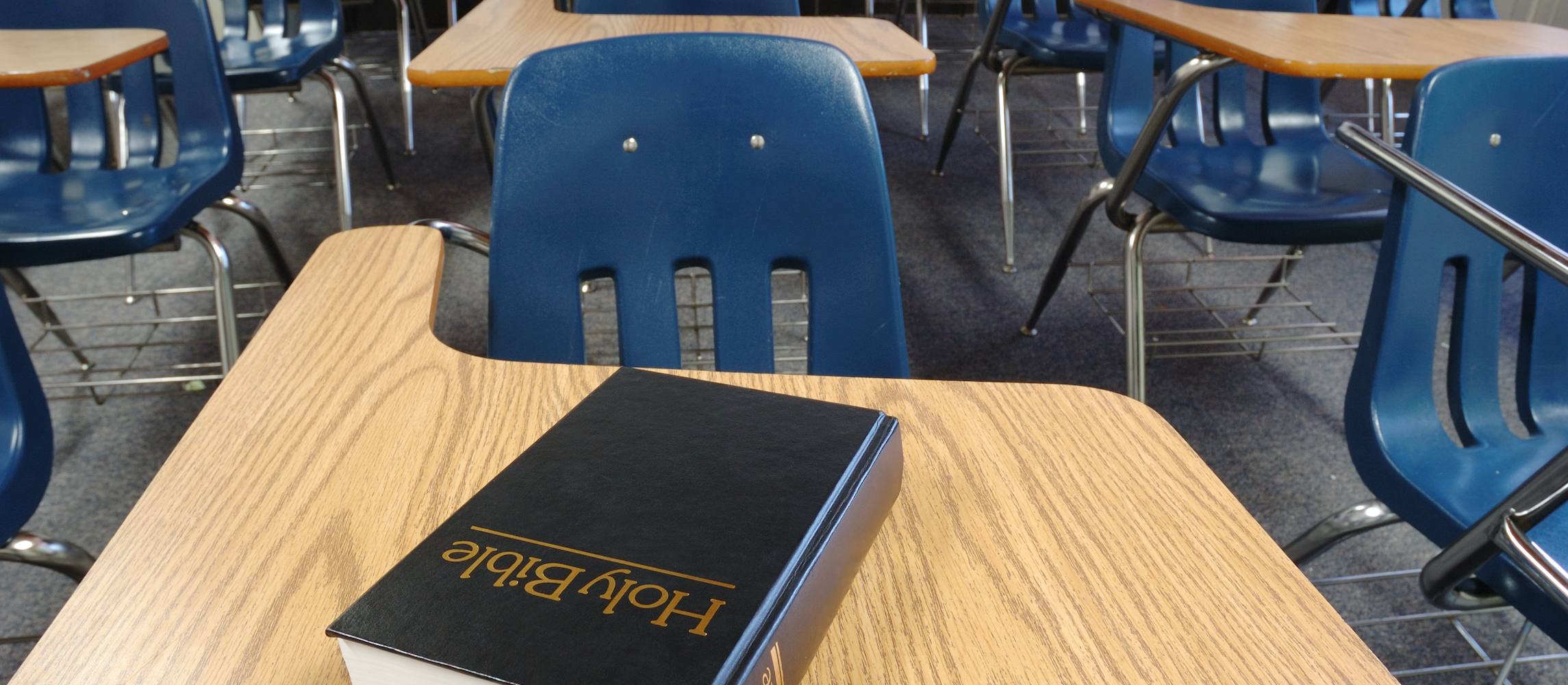At a time when Democrats are trying to force Catholic hospitals to perform abortions and Lutheran hospitals to provide experimental “gender reassignment” surgeries, the Supreme Court’s decision Tuesday protecting religious parents from state discrimination was welcome news.
In Carson v. Makin, two families that live in rural parts of Maine where the state does not operate a public school challenged a state program that offered tuition assistance for all accredited schools except religious ones.
Eligible schools were not required to teach a curriculum similar to Maine public schools, nor were they required to be in the state or even the country. Maine was very upfront that the only reason the religious schools chosen by the two families were rejected for the program was because they were affiliated with churches.
“We have repeatedly held that a State violated the Free Exercise Clause when it excludes religious observers from otherwise available public benefit,” the majority opinion by Chief Justice John Roberts read. “The State pays tuition for certain students at private schools — so long as the schools are not religious. That is discrimination against religion.”
The liberal dissenters on the court — it was a 6-3 decision — worry about a slippery slope, arguing the Carson decision will force states to fund religious schools. This is an absurd claim, since nothing forced Maine to choose to offer tuition assistance for nonreligious private schools. Maine chose to do that on its own. As the court wrote in an earlier case, “States need not subsidize private education. But once a state decides to do so, it cannot disqualify some private schools solely because they are religious.”
The blatantly discriminatory nature of Maine’s intent was expertly exposed by Justice Samuel Alito earlier in oral argument. “Suppose that a school is affiliated with a religious group, and they say, we do infuse our religious beliefs into all aspects of the community, but our salient religious beliefs are that all people are created equal, and that nobody should be subjected to any form of invidious discrimination, and that everybody is worthy of respect and should be treated with dignity, and that everybody has an obligation to make contributions to the community and engage in charitable work — those are our religious beliefs,” Alito said.
“Would that school be disqualified?” Alito asked.
“So, I mean, that would be very close to a public school,” Maine’s lawyer answered. “Public schools often have a set of values that they want to instill: public service, be kind to others, be generous.”
“Well, then you really are discriminating on the basis of religious belief,” Alito replied.
In an age when government seeks to assert itself, and has inserted itself, into so many aspects of everyone’s lives — from healthcare to education, housing, etc. — it is more important than ever that courts protect people’s right to exercise their religious beliefs without the threat of government intrusion. For as long as there is a conservative majority on the court, we know that right will be protected.






